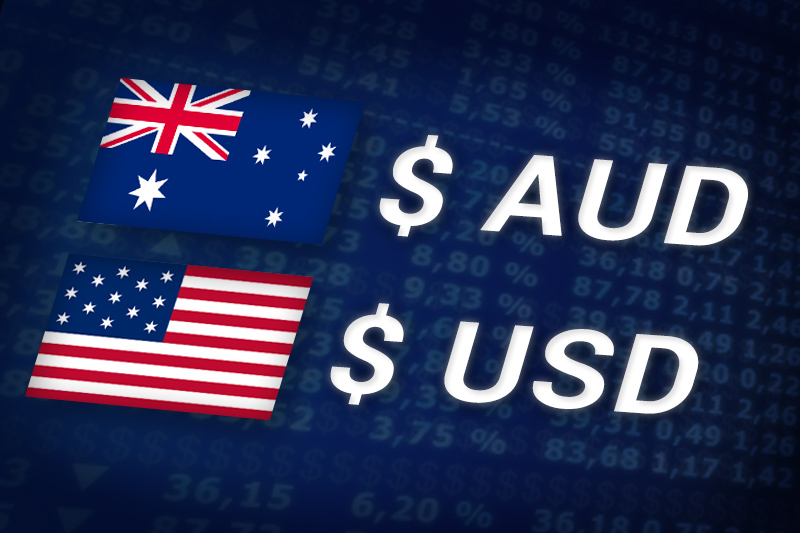Investing.com - The Australian dollar edged higher against its U.S. counterpart on Tuesday, supported by positive Australian business confidence data, although concerns over the euro zone's debt crisis and world economic growth limited gains.
AUD/USD hit 1.0247 during European morning trade, the pair's highest since October 5; the pair subsequently consolidated at 1.0206, adding 0.14%.
The pair was likely to find support at 1.0150, Monday's low and resistance at 1.0275, the high of October 5.
The National Australia Bank said earlier that its index of business confidence rose to zero in September from a reading of minus 3 the previous month.
But the risk-related Aussie remained under pressure after the International Monetary Fund cut its global growth forecasts and warned of even slower expansion unless officials in the U.S. and Europe address threats to their economies.
The IMF said that the world economy will grow 3.3% this year, the slowest since the 2009 recession, and 3.6% next year, compared with July predictions of 3.5% in 2012 and 3.9% in 2013.
Markets were also jittery after euro zone finance ministers on Monday delivered a united defense of Spain, saying the country was taking steps to overhaul its economy, successfully funding itself in the financial markets and did not need a bailout, at least for now.
The Aussie was steady against the New Zealand dollar with AUD/NZD easing up 0.04%, to hit 1.2441.
Also Tuesday, industry data showed that New Zealand's index of business confidence improved to 8 in the third quarter, from a reading of minus 4 the previous quarter.
Later in the day, German Chancellor Angela Merkel was to travel to Athens for talks with Greek political leaders. Meanwhile, finance ministers from the European Union were to hold a day of talks in Brussels.
AUD/USD hit 1.0247 during European morning trade, the pair's highest since October 5; the pair subsequently consolidated at 1.0206, adding 0.14%.
The pair was likely to find support at 1.0150, Monday's low and resistance at 1.0275, the high of October 5.
The National Australia Bank said earlier that its index of business confidence rose to zero in September from a reading of minus 3 the previous month.
But the risk-related Aussie remained under pressure after the International Monetary Fund cut its global growth forecasts and warned of even slower expansion unless officials in the U.S. and Europe address threats to their economies.
The IMF said that the world economy will grow 3.3% this year, the slowest since the 2009 recession, and 3.6% next year, compared with July predictions of 3.5% in 2012 and 3.9% in 2013.
Markets were also jittery after euro zone finance ministers on Monday delivered a united defense of Spain, saying the country was taking steps to overhaul its economy, successfully funding itself in the financial markets and did not need a bailout, at least for now.
The Aussie was steady against the New Zealand dollar with AUD/NZD easing up 0.04%, to hit 1.2441.
Also Tuesday, industry data showed that New Zealand's index of business confidence improved to 8 in the third quarter, from a reading of minus 4 the previous quarter.
Later in the day, German Chancellor Angela Merkel was to travel to Athens for talks with Greek political leaders. Meanwhile, finance ministers from the European Union were to hold a day of talks in Brussels.
